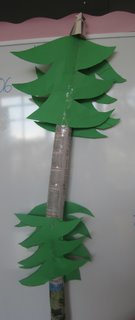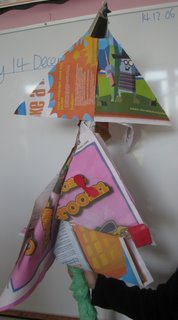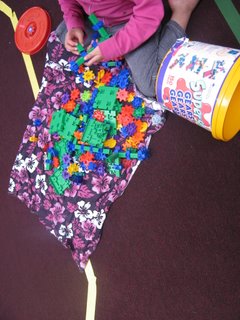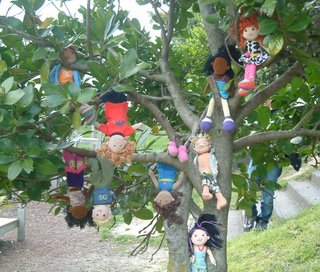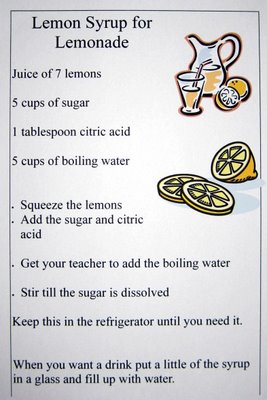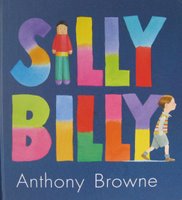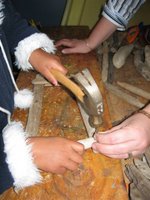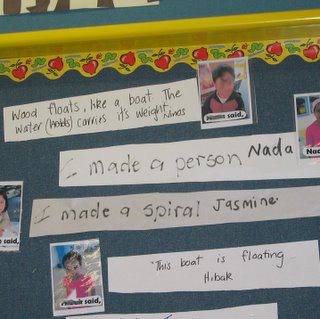The Magic of Thinking - Tony Ryan
Gay and I went to this seminar in Wellington last night. The mention of 'higher order thinking strategies' had caught our attention. Here are just one or two snippets from a highly stimulating three hour session.
Higher order thinking can be encouraged through:
- An endless range of great frameworks (Blooms, Habits of Mind, 6 Hats).
- The use of HOT questions
- Graphic organisers
- contextual thinking experiences (cooperative learning structures are great)
The HOT questions really caught my attention
examples: Why are at least 90% pf websites around the world written in English?
How do wings work?
Which toy would choose you?
HOT questions should 'stretch' the thinking and present a cognitive challenge.
We can think of HOT questions for every topic we might be studying - children have fun thinking of them too.
We should be using them hundreds of times a week!
So what has all this got to do with Discovery Time?
I believe strongly, that it is the quality of teachers' thinking and questioning that determines the quality of a Discovery Time session.
We need to be using 'open ended' and 'HOT' questions to encourage higher order thinking during Discovery Time.
Check out Tony Ryan's website
www.tonyryan.com.au
